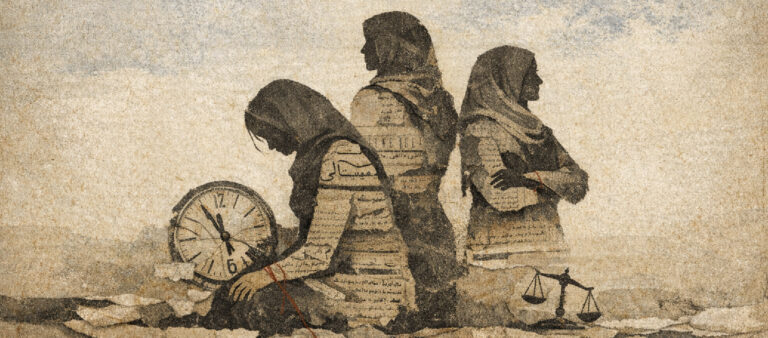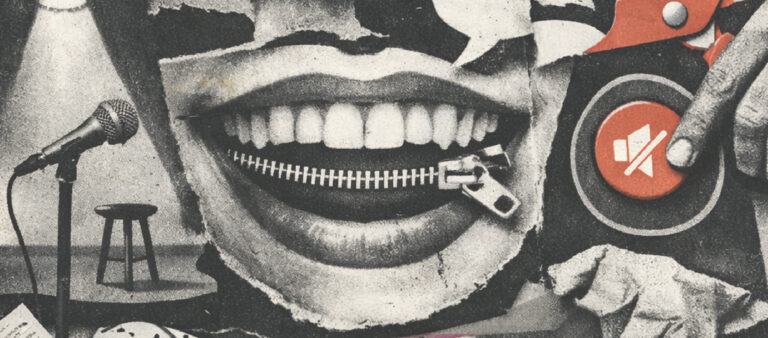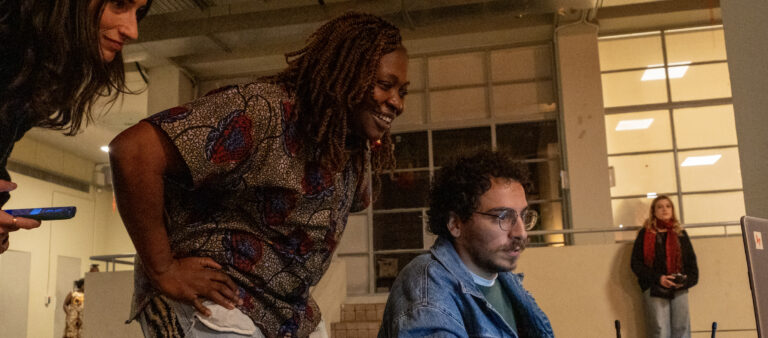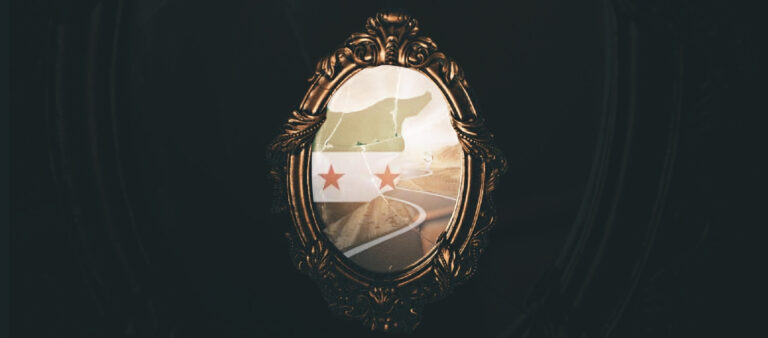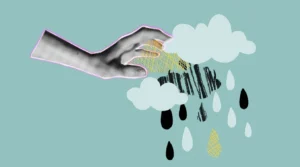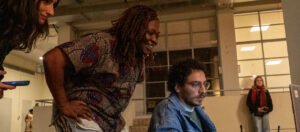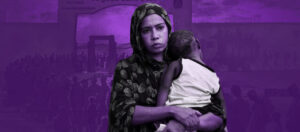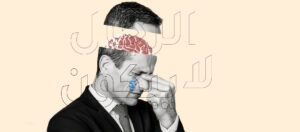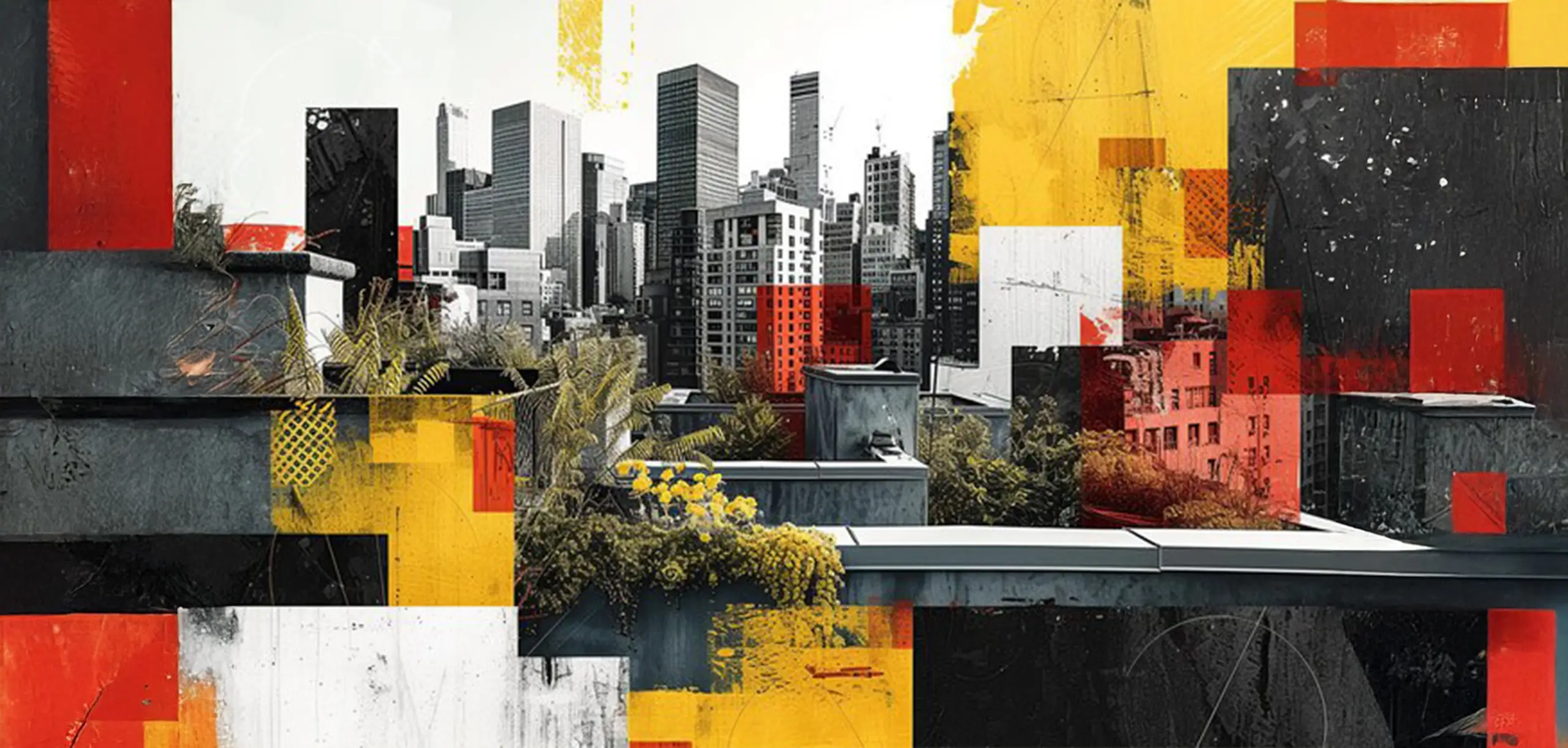No one told me that motherhood could be harsh.
They said it was a blessing, one of the greatest human experiences, and that the moment I gave birth to my daughter, I would melt in love for her and feel as though I’d been born anew.
But no one told me that, after leaving the hospital, I would feel like a stranger to myself.
That I would smile in front of everyone while inside me a quiet but piercing question lingered: “Am I truly happy?”
Yes, I am a mother.
But I am also human.
When I held my baby girl in my arms, I didn’t feel that magical emotional rush the books talked about.
I didn’t cry.
I didn’t feel the urge to sing.
I was exhausted, dimmed, as if I were resisting an invisible internal collapse.
I searched for myself in mirrors, in the eyes of those around me, in the faces of visitors blessing me with “Congratulations for the mother and baby’s safety,” but I couldn’t find me.
When I held my baby girl in my arms, I didn’t feel that magical emotional rush the books talked about.
I didn’t cry.
I didn’t feel the urge to sing.
I was exhausted, dimmed.
Breastfeeding?
I thought it would be a moment of spiritual connection, but it turned out to be more of a test of patience.
I didn’t feel that instant tenderness they talk about.
Instead, I felt a weight pressing on my heart before my body—like I was giving a part of myself without being ready.
Old feelings I had buried long ago came rushing back without warning: shyness, tension, that uneasy relationship with my own body—they all resurfaced at once.
I needed someone to tell me: “It’s normal to feel this way. It’s okay.”
And society?
It expected me to look grateful, smiling, radiant.
But the truth was, I was acting.
I laughed so no one would say I regretted it, or that I was weak, or that I didn’t deserve this blessing.
I put on a mask of strength every morning, hiding my exhaustion in a cup of coffee and a quick glance at the sky.
Yes, I am a mother.
But I am also human.
I have the right to be tired.
I have the right to say I’m afraid, confused, disoriented.
I have the right to admit that sometimes I feel nothing—except the need for silence.
That deep silence that cannot be asked for or explained, only lived.
I don’t want pity, and I carry no regret.
I just want my heart to be seen as it is—full of love, yet also weary.
I have the right to be tired.
I have the right to say I’m afraid, confused, disoriented.
I have the right to admit that sometimes I feel nothing—except the need for silence.
No, I do not regret my children.
But I am sad that I forgot myself.
Sad that I felt I had to be everything, all the time, for everyone—except for me.
And today, as I write these words, I feel as though I am breathing for the first time in a long while—like I am reaching out to that forgotten version of myself and whispering: “I am still here… I haven’t disappeared, I was just trying to survive.”
I am a mother.
But I am also human.
And perhaps admitting that is the first step to loving myself as I love my children—with honesty, with patience, and with an open heart.


